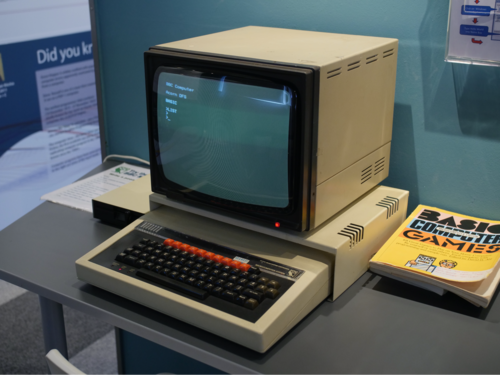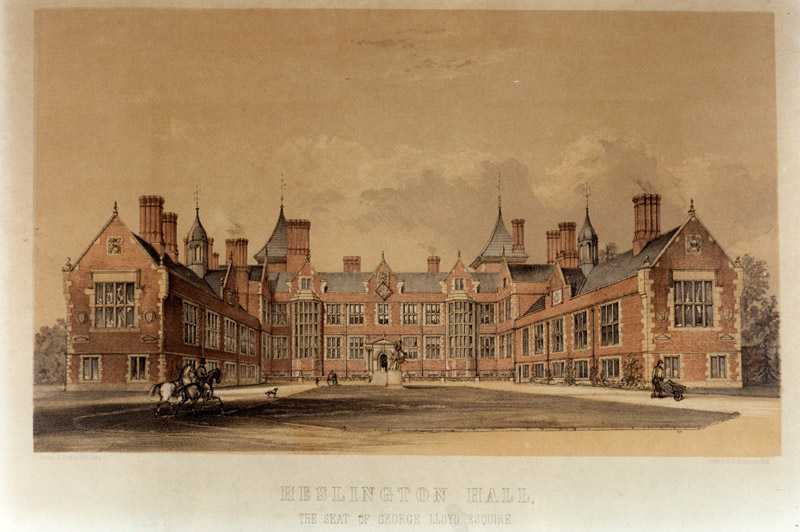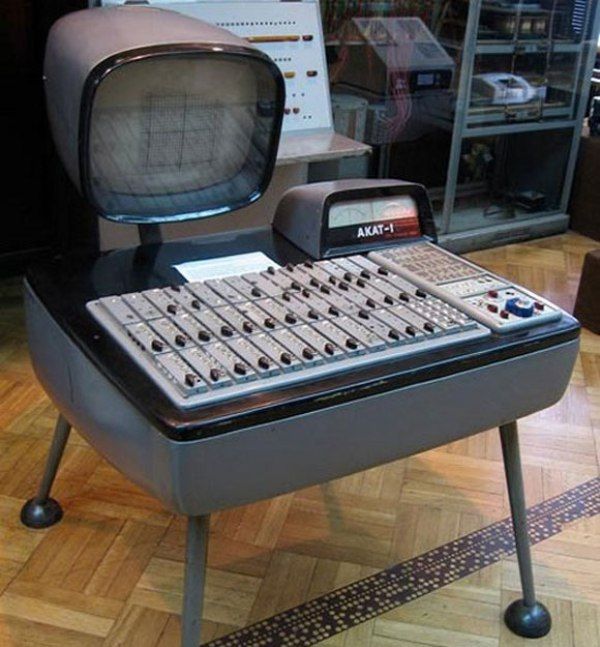Linux Performance Observability Tools
Linux performance observability tools are essential for system administrators and developers to monitor the performance and diagnose issues in Linux-based systems. With the increasing complexity of modern computing environments, the need for accurate and reliable performance metrics has become more critical than ever. In this article, we will discuss some...











